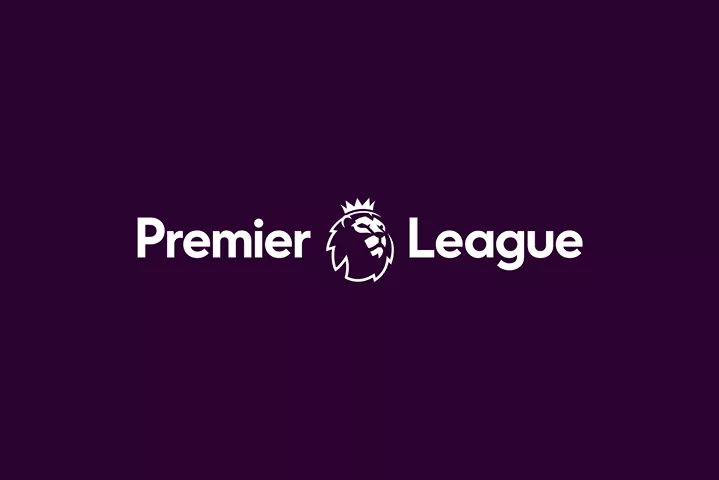
The Premier League could lose £1bn if the 2019-2020 season cannot finish – and English football faces “the danger of losing clubs and leagues” amid economic challenges “beyond the wildest imagination”.
The season has been halted indefinitely amid the coronavirus pandemic.
Premier League chief executive Richard Masters warned of “further losses” if the situation “deepens and extends” beyond this season.


While Football Association chairman Greg Clarke said: “Many communities could lose the clubs at their heart with little chance of resurrection.”
Some clubs have placed non-playing staff on temporary leave, while talks continue over the salaries of players. On Monday, Liverpool reversed a decision to furlough staff and apologised after facing criticism.
The Premier League proposed a 30% pay cut for players, but the Professional Footballers’ Association says it would harm the NHS.
Top-flight players are now negotiating on a club-by-club basis over proposed wage cuts after talks broke down without resolution over the weekend.
In the letter, Masters defended clubs’ rights to furlough staff, saying: “We do agree with you that restraint needs to be shown by all and we and our clubs are doing just that. Individual clubs will need to make these decisions based on their own forecasts as each club will have its own unique position.”
“The furlough scheme announced by Government is meant for the whole economy, including many enterprises which might be regarded as providing entertainment or otherwise dependent on elite talent.
“Not only is our industry facing losses now, but to be realistic, we must also base our plans on full recovery being some distance away.
“Ultimately, the very heavy losses that we face will have to be dealt with or else clubs or other enterprises who depend on football for income will go out of business.”
However, Knight continued his criticism on Tuesday, responding: “It is time for the Premier League to stop defending the indefensible.
“It is frankly laughable to think that clubs are showing restraint on use of government money to pay non-playing staff and flies in the face of public opinion. Liverpool has listened to fans, done the right thing and changed its mind.”
‘Agree a common cause to save our game’
Speaking at an FA Council meeting, Clarke said: “In the face of this unprecedented adversity, all the stakeholders within the game from players, fans, clubs, owners and administrators need to step up and share the pain to keep the game alive.
“It is time for the stakeholders to agree common cause to save our game. Contribute. Football is a team game and now is the time for teamwork.”
With no games being played, Football League clubs are struggling with cashflow issues without ticket sales, as well as matchday and merchandise income.
On Monday, England men’s manager Gareth Southgate and women’s boss Phil Neville said they would take a 30% pay cut.
FA chief executive Mark Bullingham said the financial impact of postponements, including England fixtures, FA Cup matches and Wembley events could be as high as £150m.
Clarke said: “We are committed to finishing the professional football season as this resolves the issues of promotion and relegation together with title winners on merit.
“However, we may not be able to finish the season as football is not our priority – human life is – and we will do as the government directs as the pandemic unfolds.
“Further down the football pyramid, our leagues have requested that the season is curtailed and that decision rests with the FA Council.
“The pandemic will be followed by its economic consequences and all business sectors will suffer.
“We face the danger of losing clubs and leagues as finances collapse.”
National League chairman and former FA chief executive Brian Barwick admits the game will change as a result of the pandemic, but insists the “starting point” will be to “protect our clubs”.
“Certainly at National League level, we have to look at all the ways we can retain our clubs,” Barwick told BBC Radio 5 Live.
“We have 68 clubs across our three divisions and we are concerned about making sure that when we come through this we have 68 left.
“It is going to be tough and tight, so any opportunities that the government give us, or the wider sporting industry gives, or football gives us, we have to take heed of and do the right thing.
“Our clubs range from professional to semi-professional and, in truth, they are absolutely fundamental to the communities they are in.
“The game will have to change and there will be better brains than me to work that out – but the starting point for us is to protect our clubs, our league, while fitting inside the football family.
“The FA chairman spoke strong words but the FA has been working with us to protect our clubs and try to make sure we have three divisions at the end of it.”
